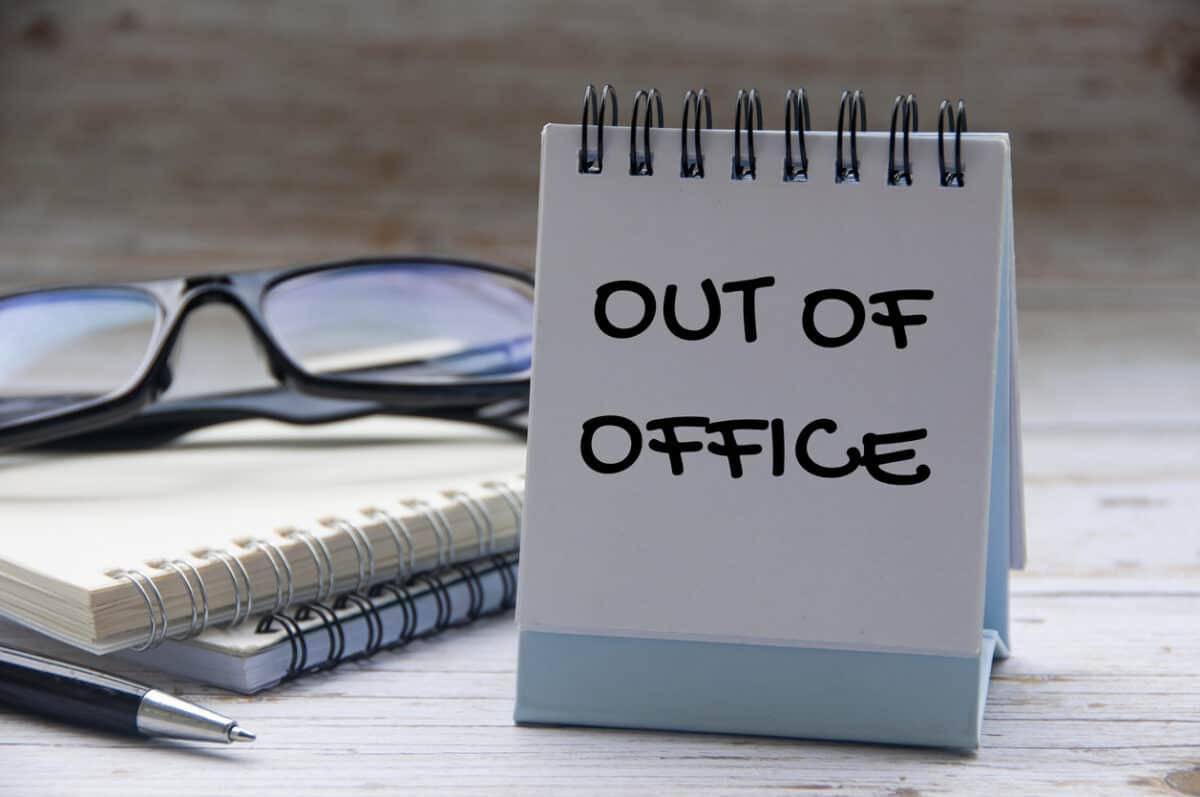Occupational health and safety (OHS) is rife with ideas that refuse to die even though they are not supported by evidence. OHS management is dominated by a belief that Executive Leadership is either the answer or the first place to start change. Leadership and OHS are dangerously intertwined. Perhaps an assessment of Zombie Leadership is required. Some recent Australian research will help.
Category: Leadership
Occupational Hygienist – Rene LeBlanc
It has been several months since the 23rd World Congress for Health and Safety was held in Sydney, pictured above. A major benefit of attending occupational health and safety (OHS) conferences is meeting people, old and new. I was honoured to meet Rene LeBlanc, an occupational hygienist from Canada. We had dinner on a very rainy and stormy Sydney night, and Rene agreed to an interview. Below is an edited version of part of that conversation (it was a long dinner). Rene was wide-ranging on his OHS topics.
The “Right to Disconnect” should have been “Obligation-To-Leave-Workers-Alone”
The Australian Greens announced on February 7, 2024, that the Right-To-Disconnect (RTD) bill would pass Parliament as part of workplace relations reforms. On February 8, 2024, the mainstream media wrote as if the laws had already been passed. However, several issues with these laws indicate they are unlikely to be applied in practice as widely as advocates claim and in the way anticipated.
The closer the RTD laws come to reality, the more useless they appear.
Economics, OHS and Alchemy
In many Australian businesses, “program is king”. Deadlines must be met, whatever the circumstances. Occupational health and safety (OHS) advisers often bristle at this reality because they know that health and safety will be sacrificed to meet those deadlines. If this reality is to be changed, it is necessary to pay more attention to economics and its influence on the decision-making of business owners, and not just on the OHS effects of those decisions.
In Sociology: A Very Short Introduction Steve Bruce says:
“Most disciplines can be described by the focus of their attention or by their basic assumptions: we could say that economists study the economy or that they assume that a fundamental principle of human behaviour is the desire to “maximise utility”. If we can buy an identical product in two shops at two different prices, we will buy the cheaper one. From that simple assumption an increasingly complex web is spun.”
page 18
Predatory Capitalism and OHS
A fundamental aim of occupational health and safety (OHS) is the prevention of harm. To determine the most effective ways of preventing work-related harm, OHS professionals must investigate the source of harm. This requires them to look beyond their own workplaces to socioeconomic factors. Greed is the source of almost all of the world’s economic woes.
Greed manifests in the OHS context by employers not allocating sufficient resources for people to work safely and healthily. This greed, this seeking of maximum profits and excessive wealth, is supported by legislative, financial and social institutions. A new book by Ingrid Robeyns – “Limitarianism, – The Case Against Extreme Wealth” – offers several examples of how greed creates unsafe work.
Are wellbeing programs “safe washing” their OHS performance?
First, there was brainwashing, then greenwashing and safewashing. Could the well-being industry be accused of safewashing? Has well-being had its day in the sun?
The first use of safewash to describe presenting occupational health and safety (OHS) information in a diffused truth was in the 2016 research paper by Sharron O’Neill, Jack Flanagan and Kevin Clarke, called “Safewash! Risk attenuation and the (Mis)reporting of corporate safety performance to investors” (abstract/summary available). It has turned up elsewhere since.
A call to arms on OHS
In early January 2024, the British Medical Journal (BMJ) published a commentary by Professor Alex Collie that illustrates the need to broaden our consideration of “traditional” and psychosocial hazards and well-being at work. The article is paywalled but worth obtaining a copy.
Collie‘s research is always interesting, and being published in the BMJ adds some clout to this call for activism.







